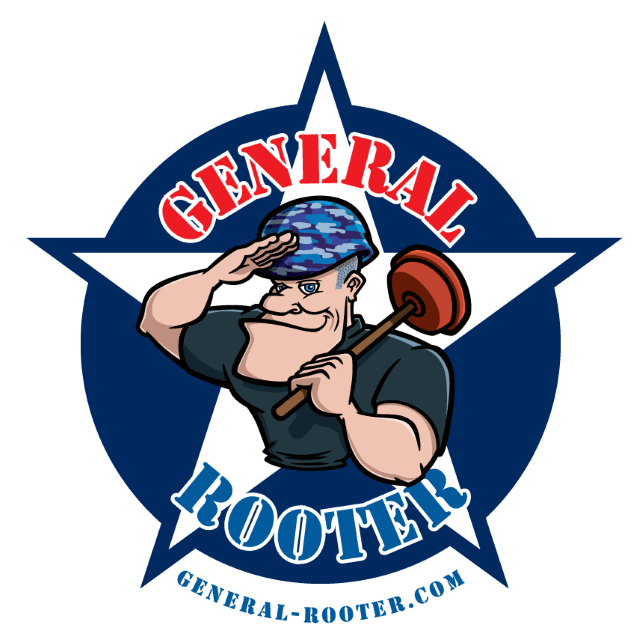Frequently Asked Questions
Can I Book An Appointment With General Rooter Online
The fastest way to book an appointment is to call us. This gives us a chance to ask a few questions so that we can respond promptly with the right solution.
What Do You Need To Know Before Starting
Depending on your drainage problem, we will ask a variety of questions before tackling your drain issue.
- When did you first notice that you had a drainage problem?
- Do you know what caused the problem to start? For example, did something go down the drain that shouldn’t have?
- Have you already tried to fix it yourself, in any way?
- Have you used any drain cleaners recently?
- When was the last time you had any drain cleaning services performed?
Is Hydro Jetting Better Than Snaking A Drain
The experts at General Rooter are prepared to use both these techniques. Often we will snake the pipe with a cable machine to clear the clog. We may then use the hydro-jet to clean the pipes to reduce reoccurrences. If we only use the jetter we risk adding to the overflowing mess by pumping more water into the drain. Sometimes the hydro-jet is the best solution for clearing difficult tree roots or massive clogs that don’t clear with the cable.
Whats The Difference Between The Mainline And Drain Line
Simply put, your main line is your sewer line. It’s a pipe located underground that carries all wastewater from your home to a municipal connection or septic tank.
Drain lines are lines located inside of your home that connect to your plumbing fixtures such as sinks, toilets, tubs, and showers. They don’t connect to the sewer system or septic tank, but they dump wastewater into the mainline.
The experts at General Rooter always carry the tools to clear and clean both the mainline and drain lines in your home or business.
How Can I Leave A Review For You
We always appreciate the feedback.
For General Rooter in the Minneapolis – St. Paul region, you can always contact the owner, Rob Reynolds, by email. To leave a review for General Rooter Twin Cities go to Google or leave a recommendation on Facebook.
For General Rooter in the Mankato area, you can provide feedback to the owner, Jason Viebrock, by email. To leave a review for General Rooter of Mankato go to Google or leave a recommendation on Facebook.
Why Does My Drain Get Clogged
If people are not careful about what goes into the drains, they can become clogged. We sometimes find objects such as car keys. “Flushable wipes” should not be flushed and feminine hygiene products should only go into the trash
Over time, residues from soap and hair can cause clogs in bathrooms and laundry rooms and grease buildup can clog a kitchen sink. Garbage disposals can only handle soft foods but are often treated like garbage cans. Celery stalks, fruit and vegetable peels, coffee grounds, pasta, rice, eggshells, bones, pits, and seeds can clog or jam your garbage disposal.
Sometimes the drains backup because of tree roots or frozen or collapsed pipes. Scale can also build up in a drainpipe which slows the flow and leads to repeated blockages. A video camera inspection can identify these issues and help determine what needs to be done to restore flow.
Why Does My Sink Make A Gurgling Noise When I Flush The Toilet
A gurgling noise is a common sign of a plumbing ventilation issue or a clog starting to form before the drain is vented. If you hear the gurgling noise or if water starts to bubble up in the shower when you flush the toilet give us a call before your drain is completely blocked.
How Is General Rooter Protecting Its Customers And Service Technicians During The Covid 19 Outbreak
Our drain cleaning service technicians will adhere to the CDC's guidelines designed to stop the spread of COVID-19. General Rooter has always followed strict cleaning and disinfecting measures, and these have been enhanced to ensure a safe experience for customers and employees, including wearing personal protective equipment, eliminating physical contact and practicing social distancing, using disinfectant products to ensure touchpoints are clean; washing hands thoroughly with soap and water for at least 20 seconds at every opportunity; Also, technicians are using hand sanitizer in between hand washes.
